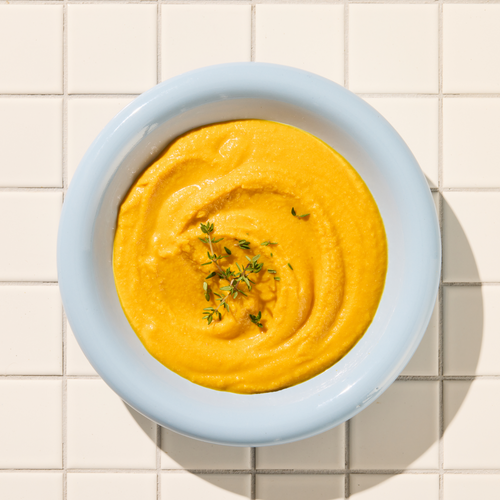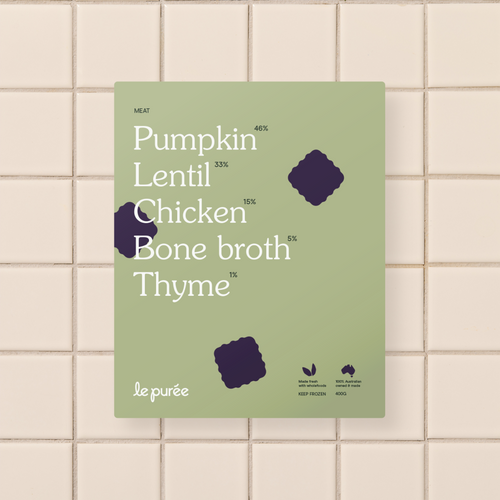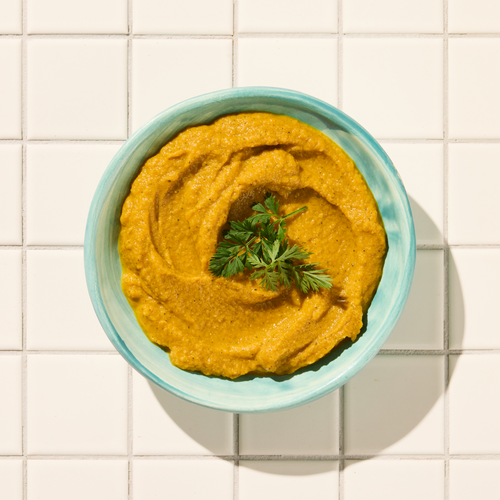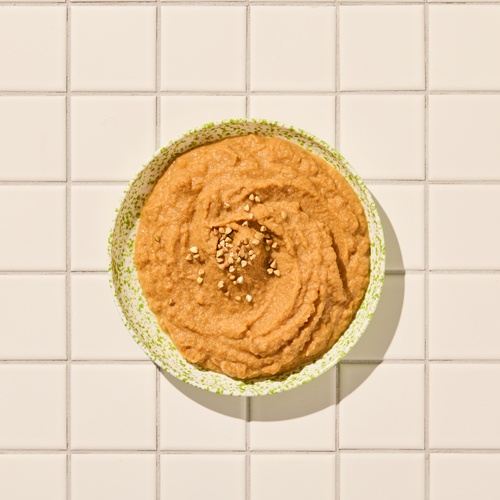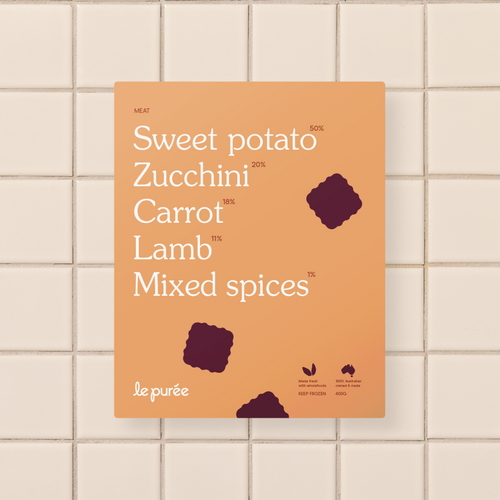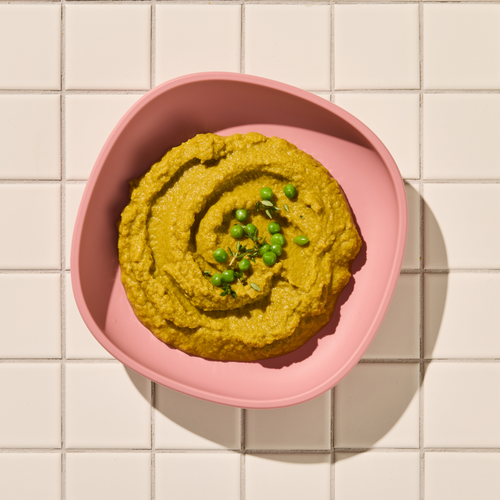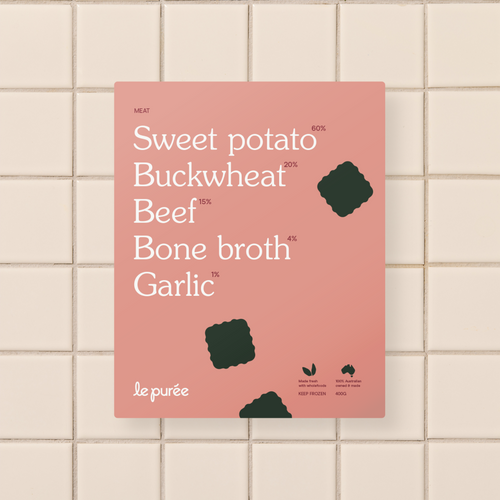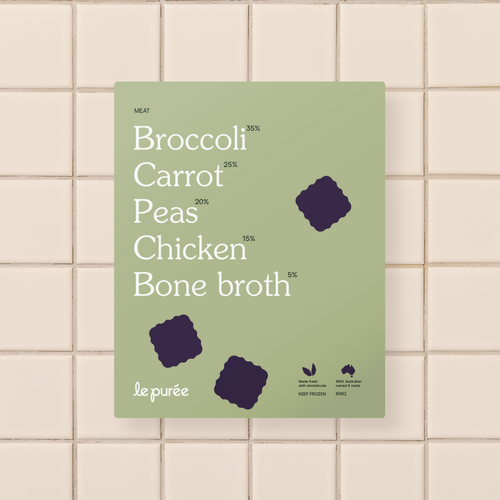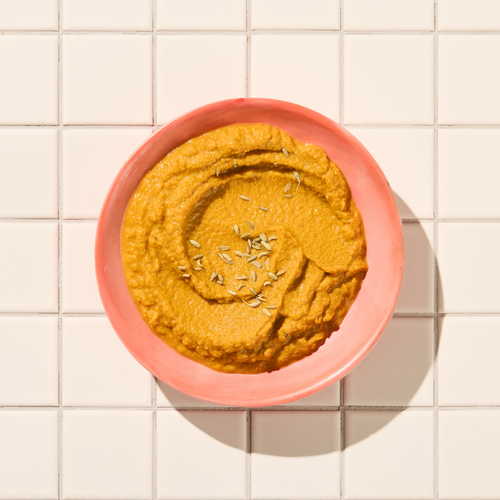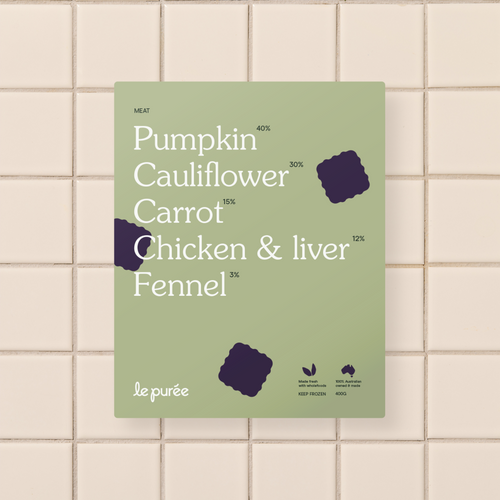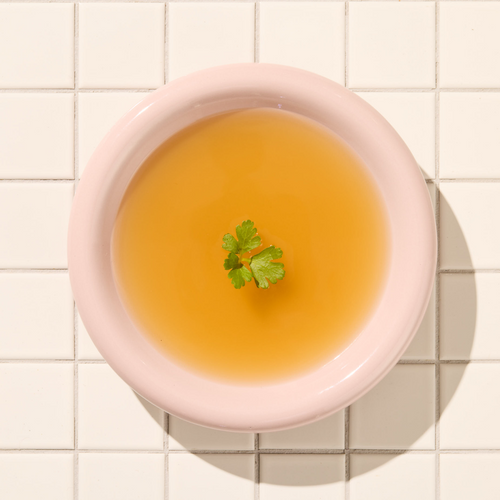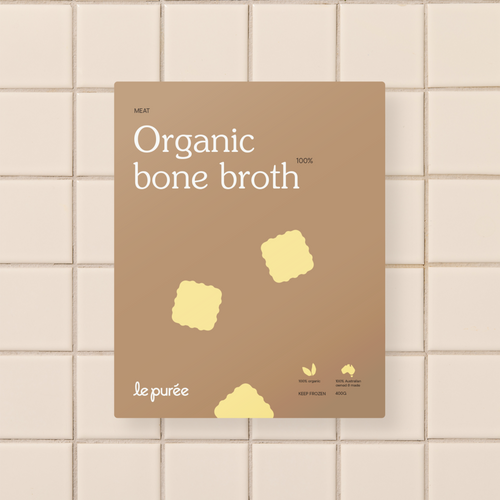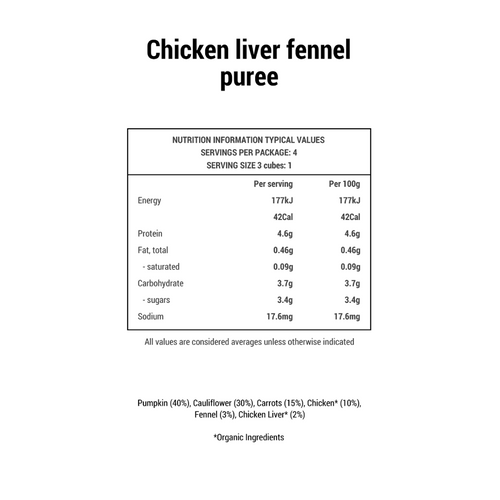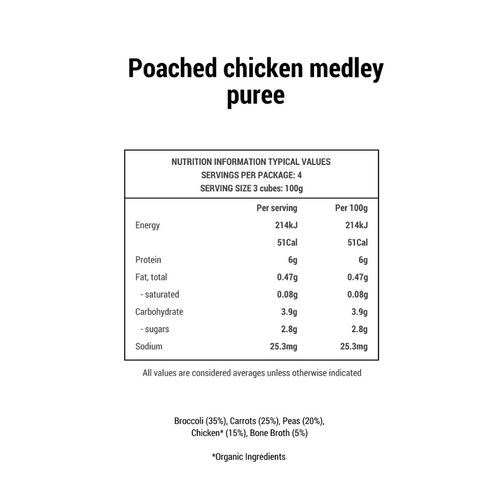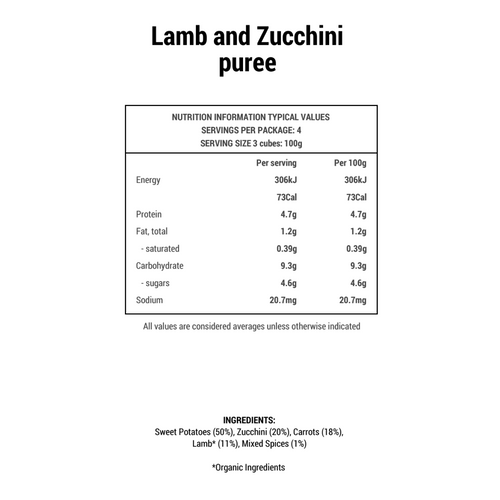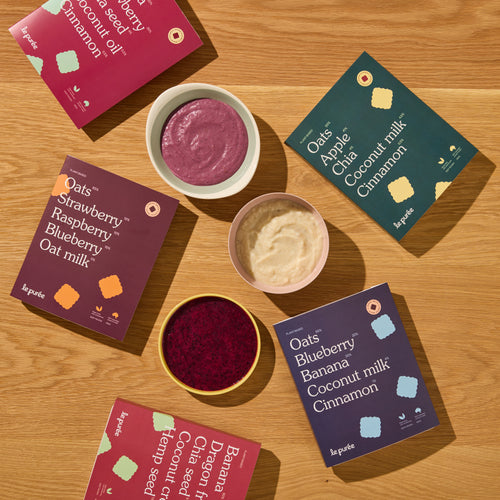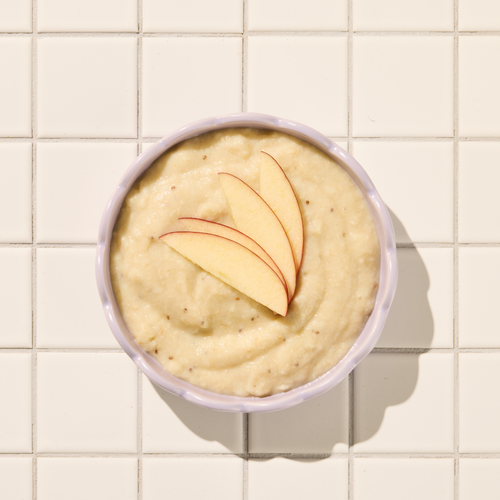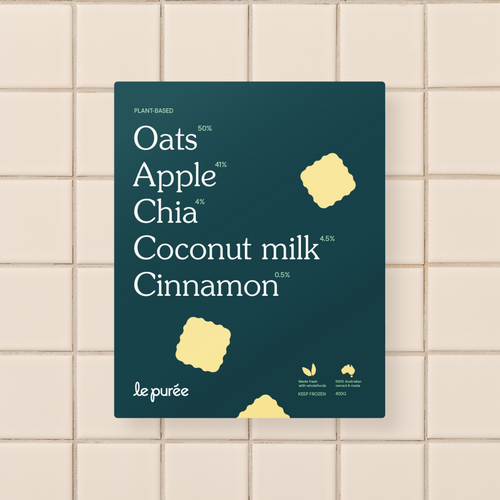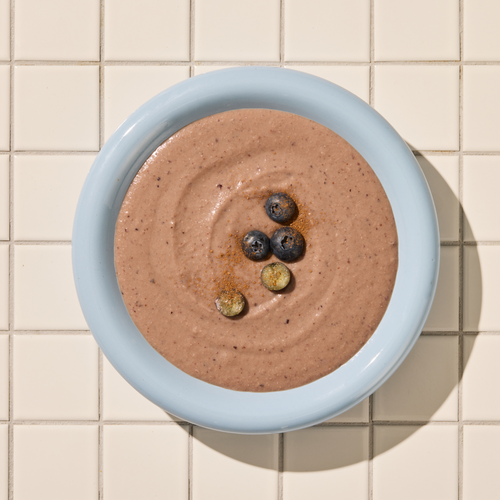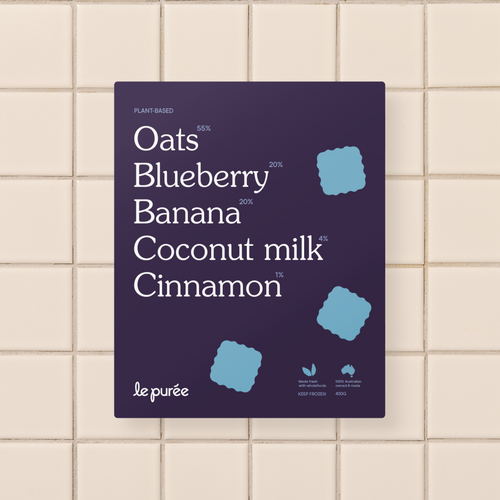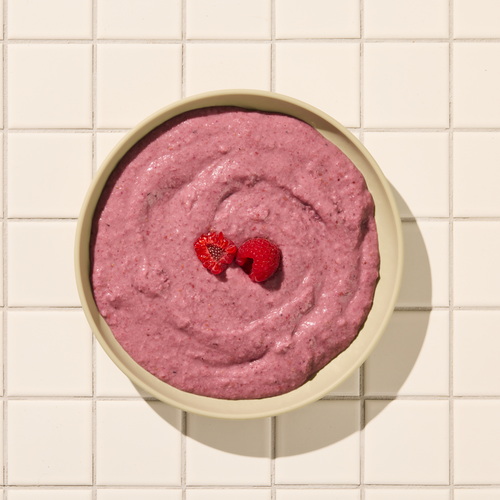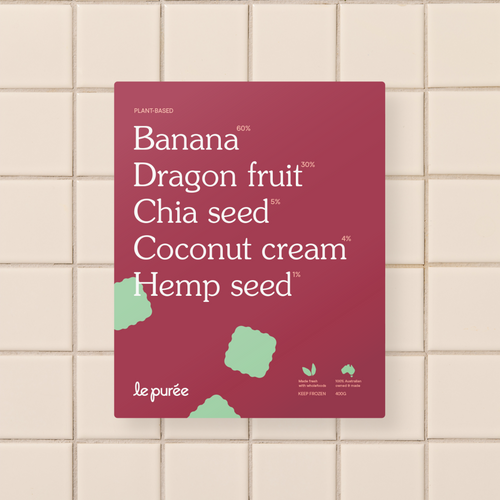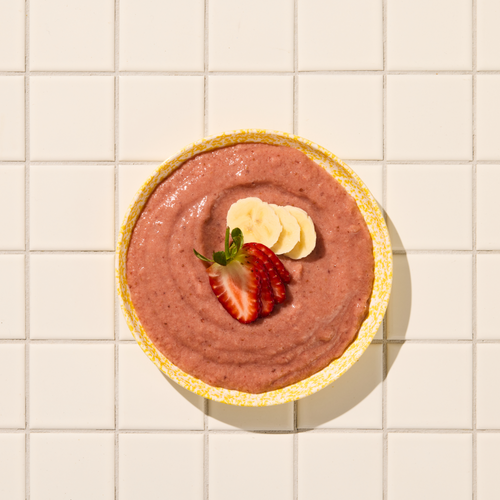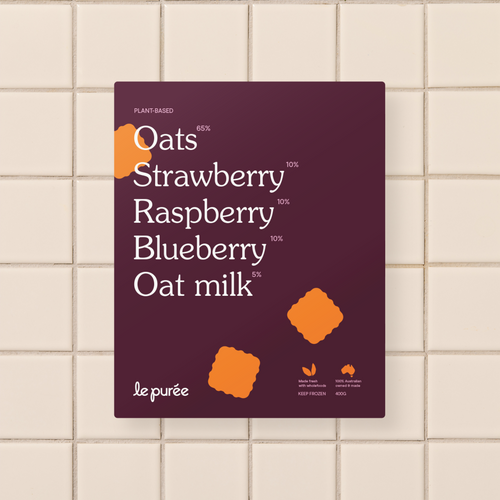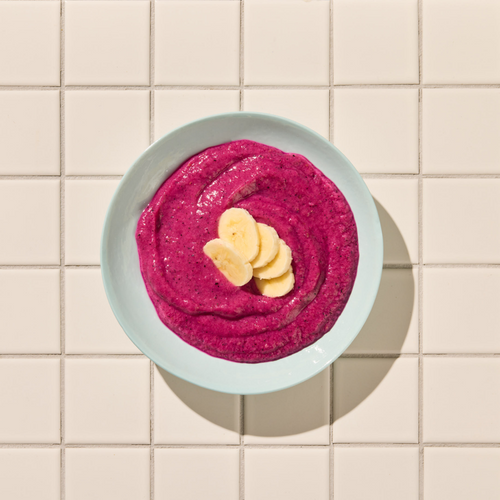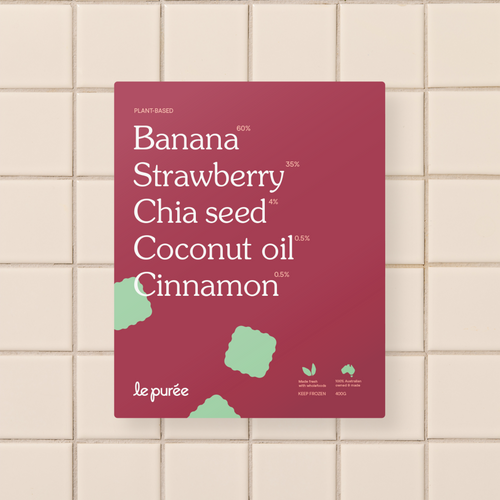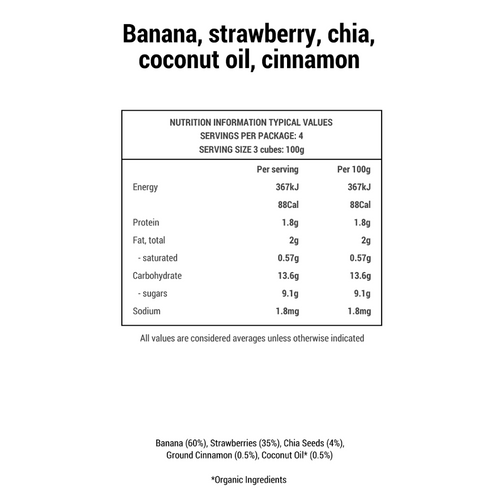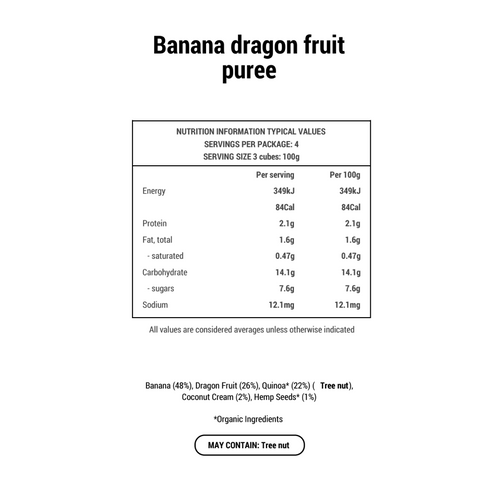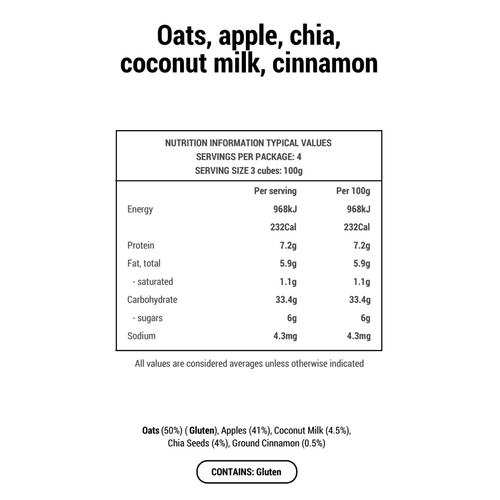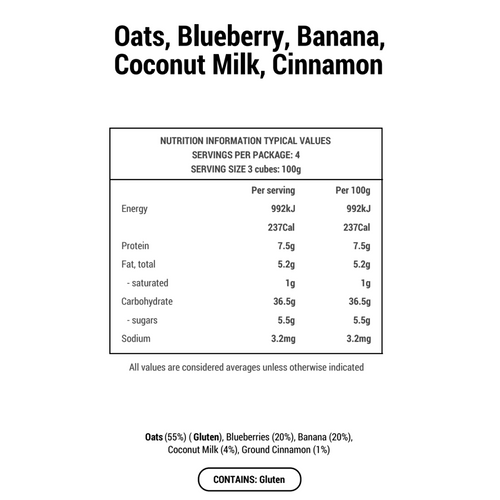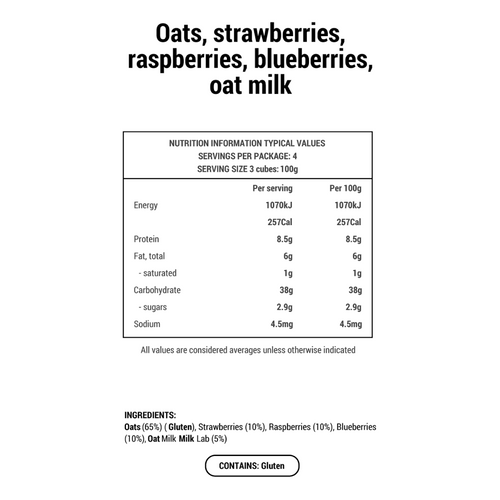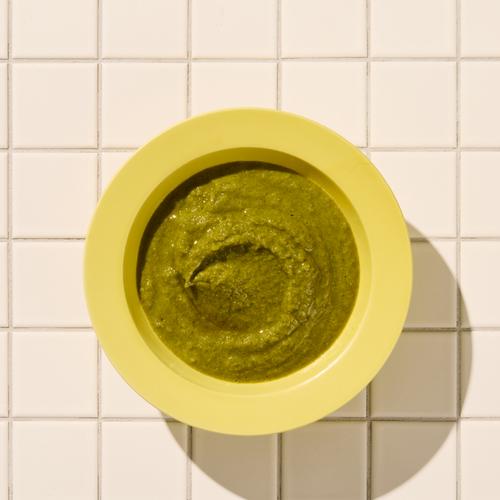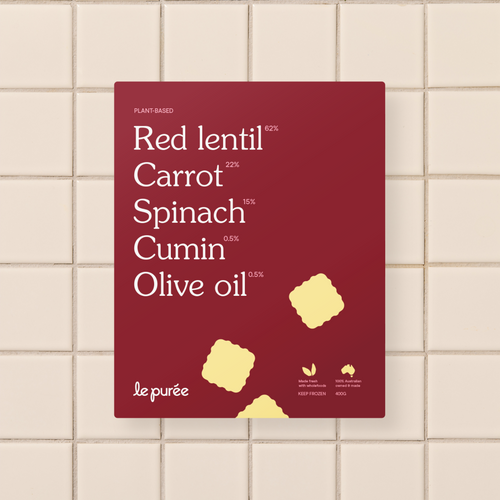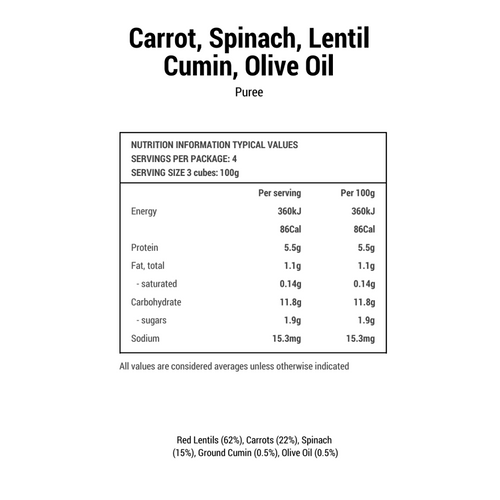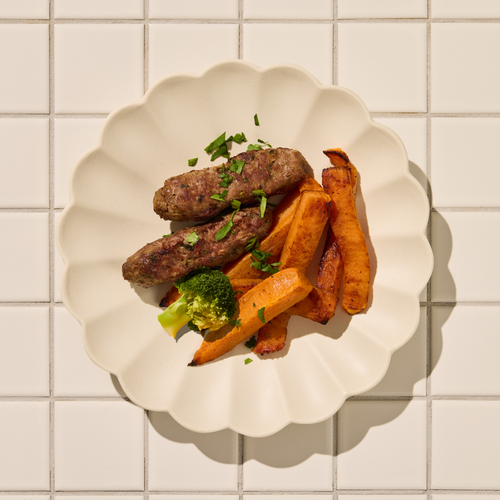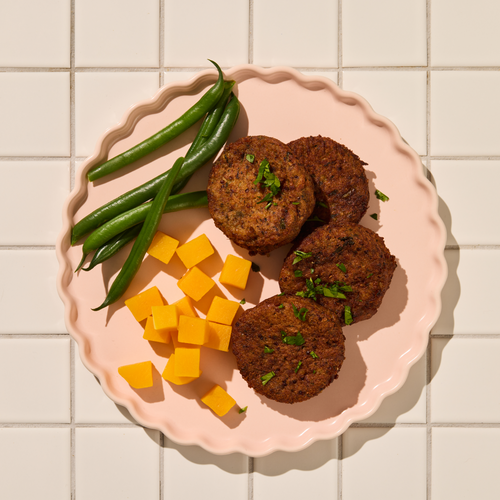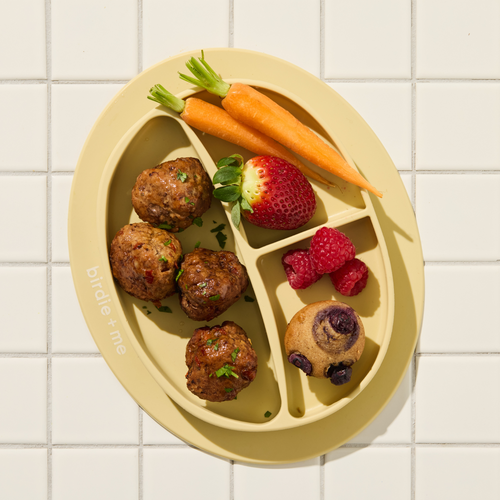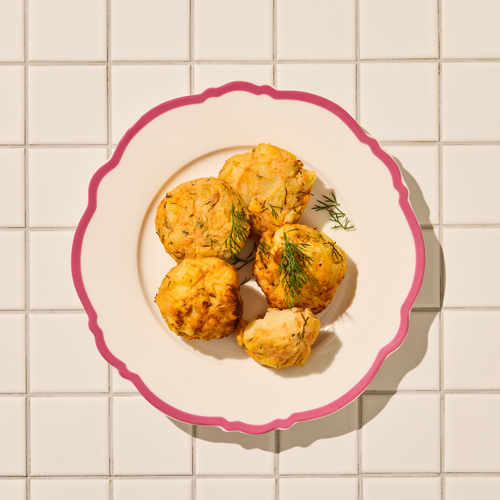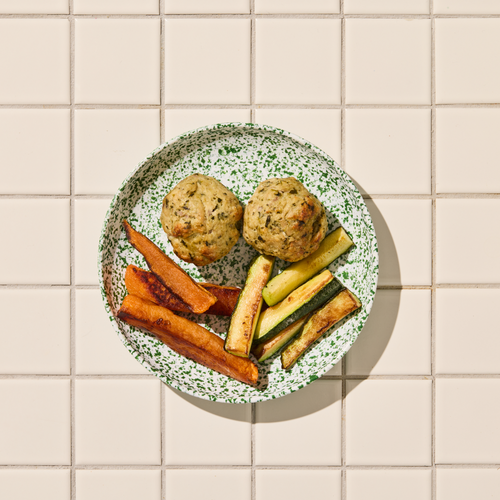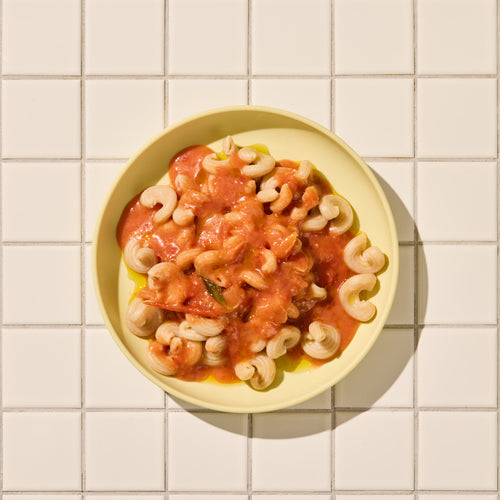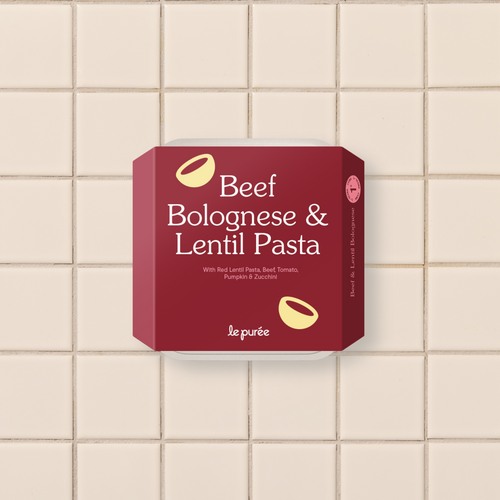Written By: Dr. Rob, Paediatrician & Taste Bubs Co-Founder
Dr Rob McLeod, Paediatrician and Co-Founder of Taste Bubs explains the importance of keeping the common allergens on the menu, long after they’ve finished their box of Taste Bubs.
For years, doctors (just like me) recommended that parents (just like me) avoid giving children the common food allergens until they’re at least 12 months of age, and before that they recommended delaying introducing these foods until at least 3 years of age. Unfortunately, this resulted in a catastrophic rise in food allergies all over the world, no place worse than Australia.
In the mid 2000s, things began to change. Not because of the human genome project or some remarkable scientific breakthrough in a laboratory. It was simple observational data. Food allergies, especially peanut allergy, simply do not exist in some countries. In 2008, a UK study showed that rates of peanut allergy in Jewish children in the UK were 10x higher than that of their peers in Israel. This was fascinating, so the researchers looked deeper. What they found was that Israeli infants aged 8–14 months ate an average of 7.1g of peanut protein per month. Their UK counterparts, 0 grams, zero, nada, none. Just like the clinical guidelines recommended at the time.
What this told us was, babies consuming these foods from an early age, and eating them often may reduce the risk of life-long food allergies. In 2015, this hypothesis was supported in a landmark trial called the LEAP study that showed that introducing allergens (in this study peanuts) from an early age and eating peanuts regularly resulted in an 80% reduction in rates of peanut allergy. This study was published in the New England Journal of Medicine, and overnight guidelines all over the world began to change.
Now, you may be asking yourself, why? The truth is, nobody can say with certainty, but there are several hypotheses. We also don’t know what’s more important in reducing life-long allergy risk, introducing these foods early, or eating them often. In both observation from countries like Israel and Thailand, as well as studies like the LEAP study, children both eat the allergens from an early age AND eat them regularly.
The Recommendation ✅
So, what do doctors like me recommend? Introduce the common allergens early AND give them often. Easier said than done, and that’s exactly why we created Taste Bubs and teamed up with Le Purée. Early means around the time your child is starting solids, and often means a few times per week.
How long should you keep giving these foods? Nobody is entirely sure, research hasn’t yet told us. But these foods aren’t just important for babies and children to regularly eat to reduce allergy risk. The common allergens are all healthy, high protein foods, and are important foods in a youngster's diet. And that’s exactly why we’ve partnered with Le Purée. In order for us to reverse this trend of food allergies in Australia (and around the world), we need to make these nutritious foods a part of our children’s regular diet (in the safest way possible) and, thanks to Le Purée, that’s never been easier.
We can’t turn back the clock, but we can re-write the future for our children by regularly having these foods on the menu(if it is safe to do so), just like parents are in Israel and Thailand where certain allergies are virtually non-existent.

The Take Away 🙌🏼
So what can you, as a parent, take away from this? How can you reduce your child’s risk of lifelong food allergies when they’re starting solids? When it comes to introducing allergens, start early (before 12 months), and give often. After your baby has been introduced to all the common allergens and eaten them on a few occasions without reaction, try to make these foods a regular part of your child’s diet. At this stage, there is no exact science to tell us how often, but generally we recommend a few times per week.
🚩 With all of this said, if your child has a reaction to any food, it is best to speak with your doctor before giving the food again. And if your child has an allergic reaction, seek medical help immediately.
Dr. Rob
Paediatrician & Taste Bubs Co-Founder




